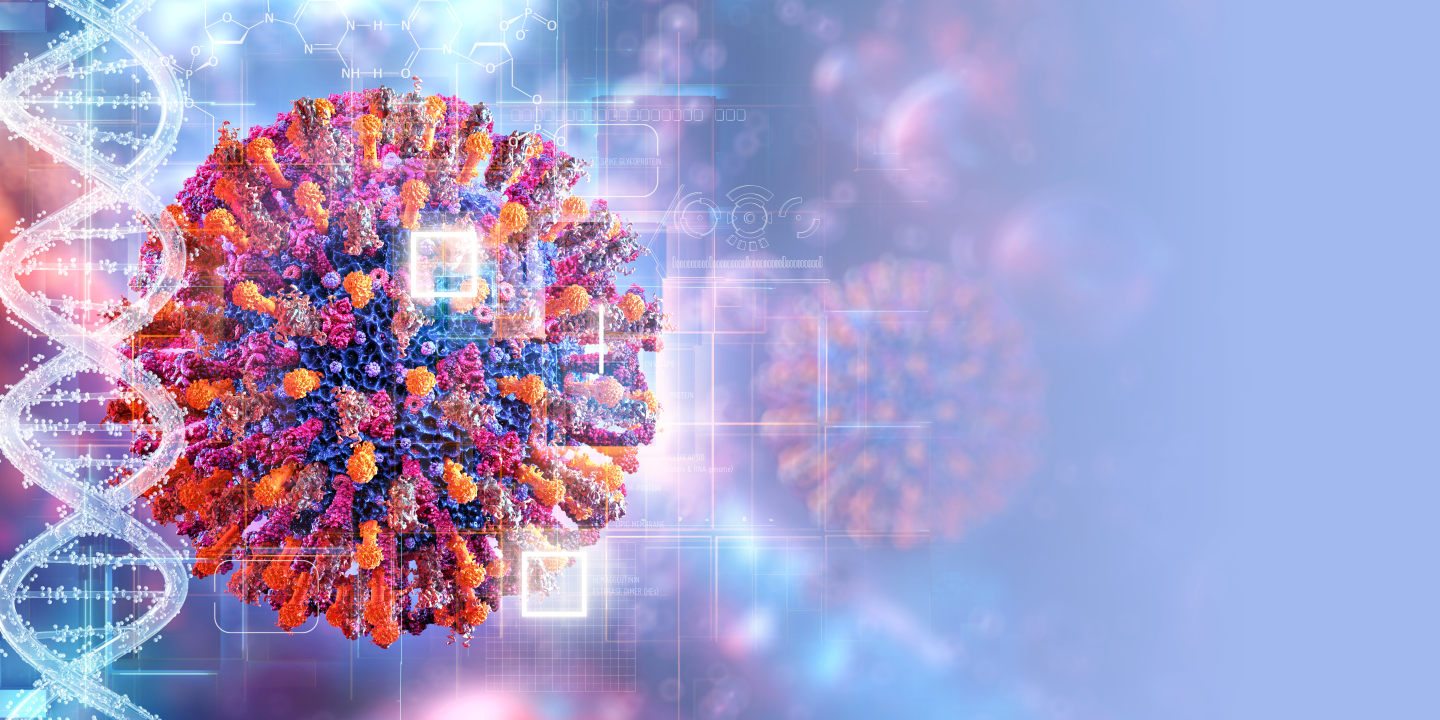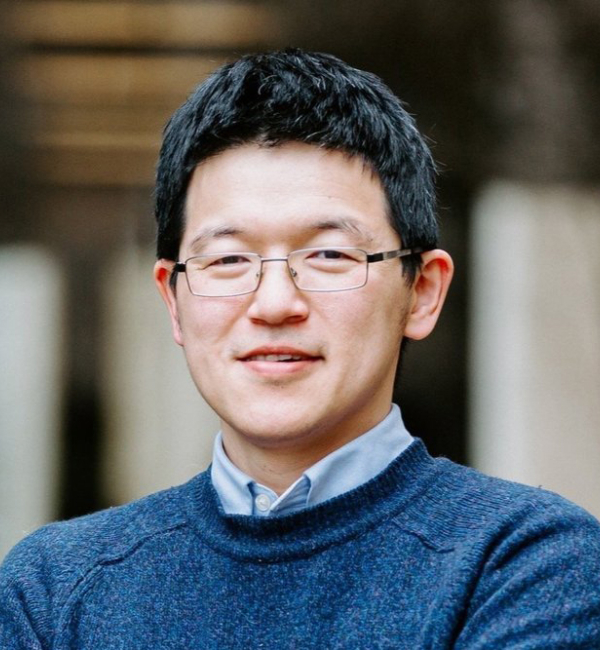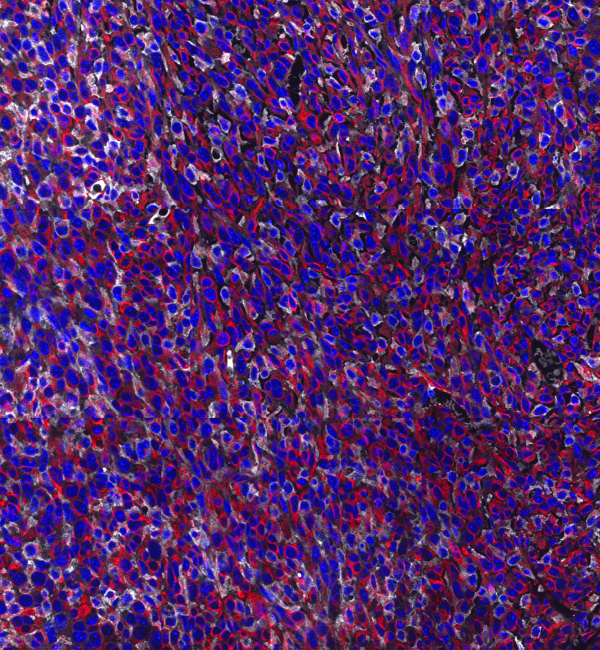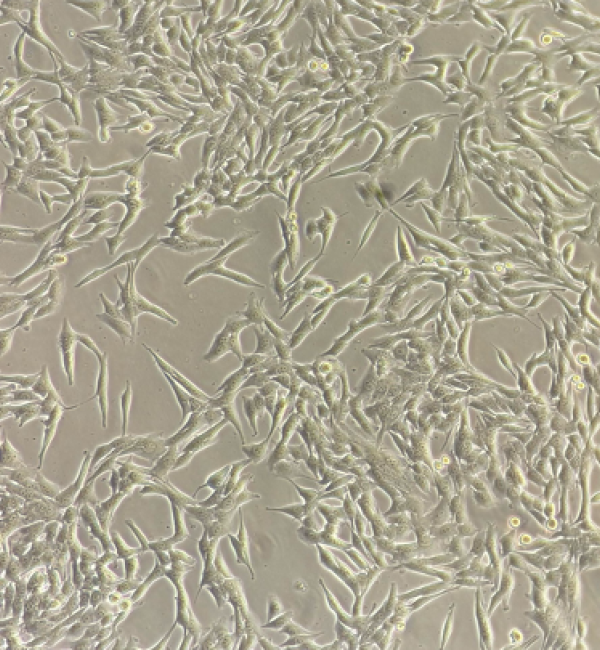Antonyak, Marc
Associate Research Professor | maa27@cornell.edu | Molecular Medicine |
Barrow, Joeva
Assistant Professor | jb2254@cornell.edu | Nutritional Sciences |
Castelhano, Marta
Associate Research Professor
Director, Cornell Veterinary Biobank | mgc27@cornell.edu | Clinical Sciences |
Cerione, Richard
Distinguished Professor of Arts and Science in Chemistry | rac1@cornell.edu | Molecular Medicine |
Dongre, Anushka
Assistant Professor | ad789@cornell.edu | Biomedical Sciences |
Evans, Jacquelyn
Assistant Professor | jme255@cornell.edu | Biomedical Sciences |
Fischbach-Teschl, Claudia
Stanley Bryer 1946 Professor of Biomedical Engineering | cf99@cornell.edu | Biomedical Engineering |
Hayward, Jess
Senior Research Associate | jessica.hayward@cornell.edu | Biomedical Sciences |
Hume, Kelly
Associate Professor | krh73@cornell.edu | Clinical Sciences |
Ichikawa, Saki
Assistant Professor | saki.ichikawa@cornell.edu | Molecular Medicine |
Jameson Jordan, Antonia
Senior Lecturer | kaj4@cornell.edu | Biomedical Sciences |
Krumsiek, Jan
Associate Professor | jak2043@med.cornell.edu | Weill Cornell Medical College |
Lammerding, Jan
Associate Director of Biomedical Engineering
Professor | jan.lammerding@cornell.edu | Biomedical Engineering |
Nwosu, Zeribe
Assistant Professor | zcn3@cornell.edu | Molecular Biology and Genetics |
Peralta, Santiago
Associate Professor | sp888@cornell.edu | Clinical Sciences |
Sethupathy, Praveen
Professor | pr46@cornell.edu | Biomedical Sciences |
Simmons, Glenn
Assistant Professor | ges246@cornell.edu | Biomedical Sciences |
Vacanti, Nathaniel
Assistant Professor | nv83@cornell.edu | Nutritional Sciences |
Weiss, Robert
Professor | rsw26@cornell.edu | Biomedical Sciences |
White, Andrew
Associate Professor | acw93@cornell.edu | Biomedical Sciences |
Yu, Haiyuan
Tisch University Professor
Director, Center for Innovative Proteomics (CIP) | haiyuan.yu@cornell.edu | Computational Biology |









